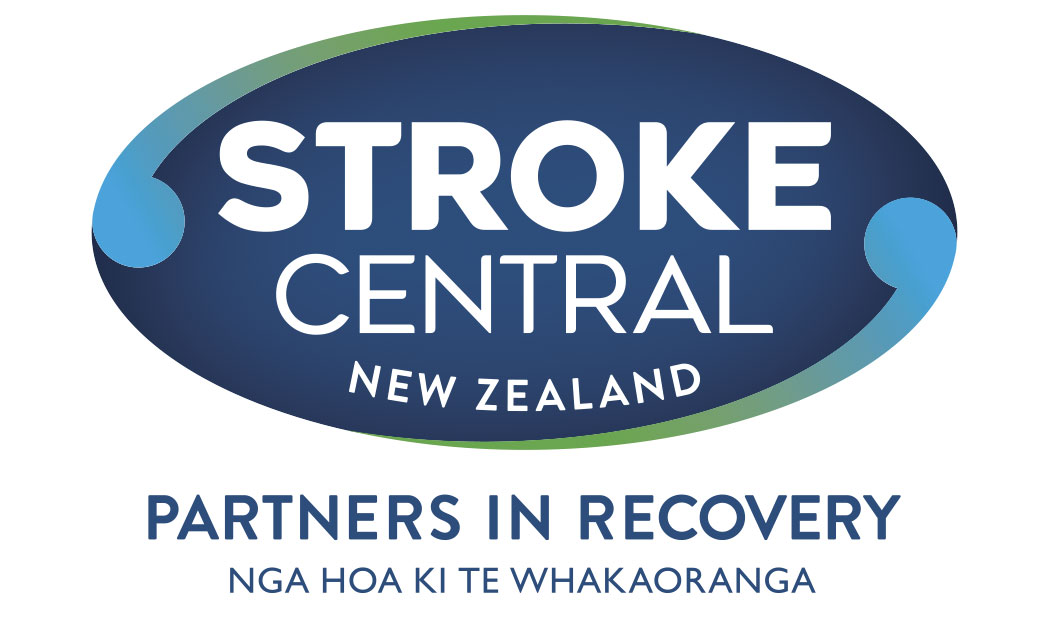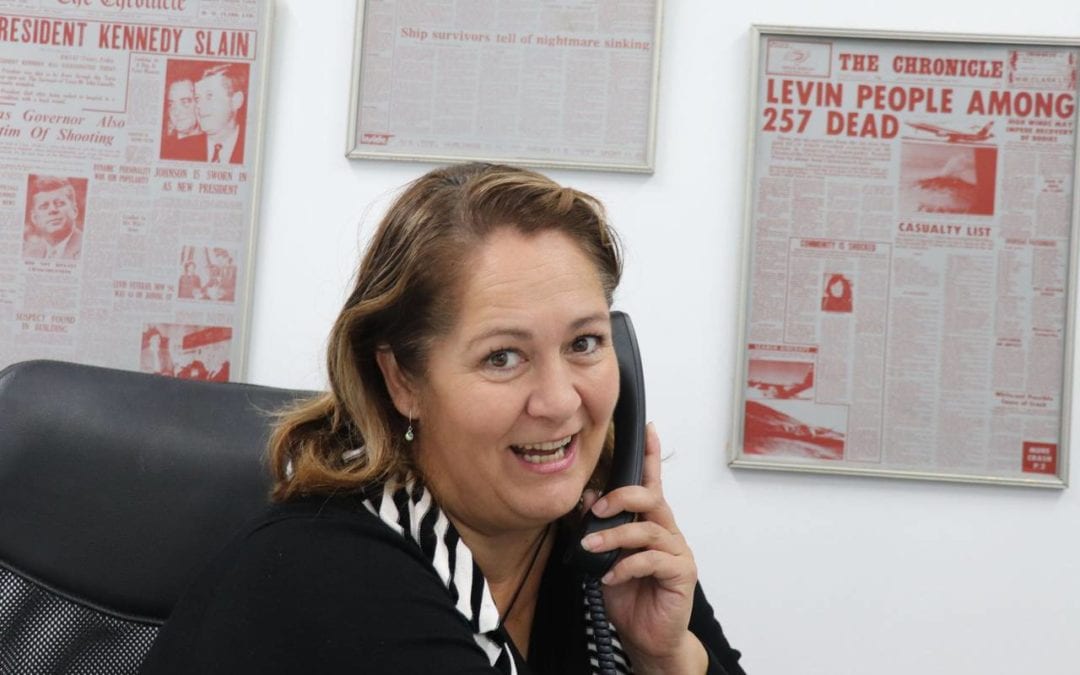There is a group of people getting together to support each other. It’s a secret society – a special club – but it’s one that nobody wants to join.
The one thing they have in common – they are stroke survivors.
As part of Stroke Awareness Week, Stroke Central Region held another meeting in Levin this week to highlight all the services and support available, and to help raise awareness of what a stroke was, how to prevent them, and how to diagnose them.
The key message was that nobody is a stroke victim. There are only stroke survivors, and there was support services to help people.
Pip Hakaraia, 46, from Shannon, is a sales and advertising consultant and mother of four. And a stroke survivor.
Hakaraia had three strokes in the space of three years. The most recent was more serious, she said, and likened it to a complete crash that required a reboot.
It came just days after the death of her mother.
“I didn’t want to cause a scene. I just thought ‘I haven’t got time for this’,” she said.
Hakaria said her speech was scrambled and she couldn’t get words out. She was taken to hospital, where scans showed she had had another stroke.
But it touched on a key message for anybody having a stroke. Time. The rule of thumb out there in determining whether someone is having a stroke is FAST – Face, Arms, Speech, Time.
Although not visible on the outside, the effects of the stroke had forced changes to her every day life.
The most basic of tasks require concentration, like brushing her hair and teeth and putting on shoes, and folding washing.
“People look at me and think ‘arrgh, she hasn’t had a stroke. She’s too young’,” she said.
“No one appreciates how hard it is to get up and get going in the morning. It’s actually quite nerve-racking.”
Although personal circumstances dictated she return to work, she was mindful of easing her way back to the fold and staying as calm as she could, in what could be a highly-charged environment.
“That’s one of the things about having a stroke when you are relatively young. You still have kids, mortgage, a job. Life goes on,” she said.
But she was making a great fist of her recovery and made an effort not to sweat the small stuff.
“TIA’s are like glitches where a stroke is a complete crash and a reboot. I’m at the rebooting stage,” she said.
“Some days are better than others.
“I just want to raise awareness that a stroke can affect anyone – young people too. You have got to listen to your body.
“One thing I have noticed is that some people don’t know how to react to me, so they avoid me. But I’m still the same person.
“You do think sometimes, why me? But there are a lot of people far worse off and I am lucky to have survived.”
Waitarere Beach chef Satty Singh, 38, was sitting down using his phone one night in early December last year. He went to get up off the couch, and couldn’t walk.
He went to speak, and no words would come out. He realised he couldn’t raise his left hand either.
“I knew something was happening. I thought it must be nothing and people would be saying you’re too young to have a stroke,” he said.
The very next day he rang his doctor and was able to relay some of his symptoms. He said his doctor rang for an ambulance immediately.
A CT scan revealed his brain had bled. He would spend the next 11 days in Palmerston North Hospital.
“They were so quick, and so nice. They really helped me,” he said.
The last few months have been spent adjusting to life as a stroke survivor. Initially, he had to learn to walk again and still has regular physiotherapy sessions.
He tires easily and sometimes struggles to get his words out, but considers himself lucky.
“I couldn’t walk initially and have managed to recover quite well physically. I was worried I wouldn’t,” he said.
“They say don’t overdo it, and I don’t want to. It will take time to recover.”
He was grateful for the support he was receiving from Stroke Central and participated with their different programmes.
“It’s not true that young people can’t have strokes,” he said.
Stroke Central Region community partnerships officer Anne Jäger-Annear said the organisation was there to help people through prevention messages and help facilitate the different programmes of support for stroke survivors and their families.
There were a range of services, including meetings, group chats, online support, cafe groups, guest speakers and access to other community services.
Stroke Central Region field officer Bronwyn Glavin said the FAST message was so important. If anyone was suffering a stroke they should ring 111.
For more info visit www.strokecentral.org.nz


Recent Comments